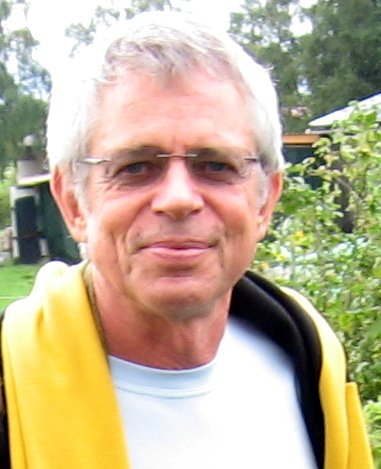Anamed: How It All Began
A contribution to solve the problem of health care provision in developing countries
Dr. Hans-Martin Hirt
Founder of AnamedA Night in Zaire, 1988
This story marks the beginning of what would become Anamed, as Dr. Hirt recounts his experiences that led to a new approach to healthcare in developing countries.
The Night That Changed Everything
Three times I was woken up that night: "Tata Mvungi, (father Hirt), it's high time to save my wife, get finally started..." Since 2pm the man knew that his wife had problems with the afterbirth, which could lead to death within a short time. The nearest hospital was 55 km away.
"You white people account this witchcraft!"
The Divide Between Traditional and Modern Medicine
During colonial times, African medicine was entirely devalued by colonial authorities. It was called "traditional," meaning old-fashioned compared to Western medicine. This created a deep divide that persists to this day.
Traditional Medicine
- Rooted in local knowledge
- Accessible and affordable
- Cultural relevance
- Holistic approach
Modern Medicine
- Scientific validation
- Standardized treatments
- Advanced technology
- Specialized care
The Birth of a New Approach
We risked a new approach: since the initially mentioned events, each pregnant woman was allowed to bring along the traditional midwife of her village, who would be present throughout childbirth. We began conducting courses for traditional midwives and established a garden of medicinal plants for discussions and education.
Why Medicinal Plants?
- Easily accessible and often free
- Available even after political upheavals
- Supports local economy
- Reduces dependency on imports
- Cultural acceptance
Seven Steps for Development Workers
- Introduce native nursing staff to medicinal plants during their training
- Discuss plant therapies in village health committees
- Organize training for traditional healers and midwives
- Document information about medicinal plants
- Involve healers in health promotion
- Promote nature conservation through medicinal plants
- Reduce dependency on imported medicines
In the words of Pastor Citoyen Paluku from Zaire:
"Development should not be imposed but has to develop from within. The real artists of development aid are the inhabitants themselves, who know their needs or become aware of them."
